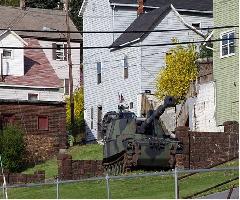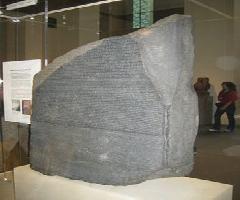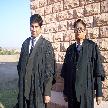To a Filipino, one of the most heart-warming impressions of the 1986 EDSA People Power Revolution was the presence of the whole Filipino families in all walks of life. The majorities of participants of this peaceful revolution were the clusters of Filipino families from countless and walks of lives that were together through thick and thin of the four day experience. Individual members took turns in keeping vigils (day and night) that the mighty effort for freedom would culminate in its eventual in exit from power. The Filipino family was at its brightest, alive and united, in that great political
miracle in modern history.And with the onslaught of the biggest typhoon that struck humankind last year, the Filipino family is left with a smiling face amidst the destruction of homes and loss of lives in many family members. Slowly, the Filipino family is standing up, facing the whole world with resiliency despite the chaos and devastation.
And one of the most admirable of the Filipino family traits is its resiliency. Resiliency is the ability to smile and laugh, to be full of humor, despite the disappointments, hardships and unhappy circumstances. Resiliency is the characteristics that have carried the Filipino family through the thick and thin of bond in its everyday living. Will Durant, the late historian and Philosopher, has always given much credit to
the resiliency of the Filipino family, especially in times of crisis. He wrote that the Filipino family was ahead of the state. Family grouping already existed long before any governing pattern emerged in our country. So, Durant emphasizes that the state is duly bound to protect and support the Filipino family at all times, to make it stable, functioning effectively for the common good. The estate cannot exist without the family, but the family can live without the state.Despite the criticism hurled at the Filipino family at times there is so much that is positive in the average family, irrespective of class, socially or economically. One of these is the sincere desire to assist, to render service to others, especially those on the lower rung of the economic and social ladder, where the "Bayanihan Spirit" is most alive. In many neighborhoods, it is easier to secure help from the low income "familias" than from those inside high-fenced homes. For any project, crust, whose and may be strictly limited to dole outs.
The family commission, if well organized and well directed, can do a great amount of good, especially in the moral and social unliftment of family living. It deserves the support of all segments of society.






